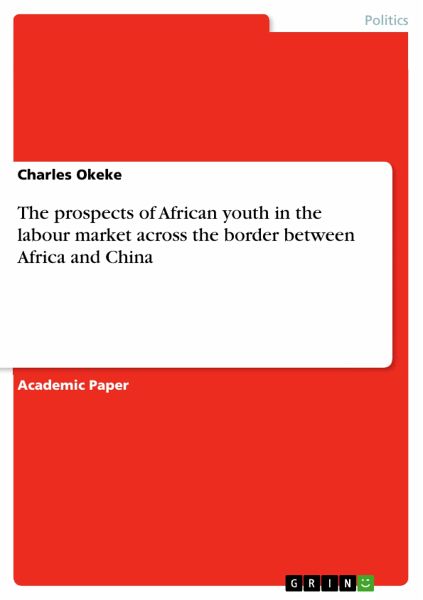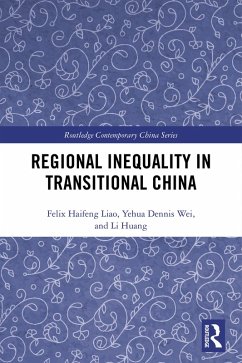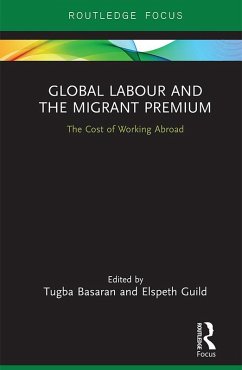
The prospects of African youth in the labour market across the border between Africa and China (eBook, PDF)
Versandkostenfrei!
Sofort per Download lieferbar
Statt: 9,99 €**
5,99 €
inkl. MwSt. und vom Verlag festgesetzt.
**Preis der gedruckten Ausgabe (Broschiertes Buch)
Alle Infos zum eBook verschenkenWeitere Ausgaben:

PAYBACK Punkte
0 °P sammeln!
Academic Paper from the year 2019 in the subject Politics - General and Theories of International Politics, grade: 9.5, , language: English, abstract: This paper seeks to explore the conundrum of the African youth in the labour market as the number of young people continues to grow with a few job openings available for them. There is no unique determinant of the youth employment challenge in the African region. Rather, a combination of factors contributes to compound a situation that has become a top socio-political priority for the region. Africa has the youngest population in the world and o...
Academic Paper from the year 2019 in the subject Politics - General and Theories of International Politics, grade: 9.5, , language: English, abstract: This paper seeks to explore the conundrum of the African youth in the labour market as the number of young people continues to grow with a few job openings available for them. There is no unique determinant of the youth employment challenge in the African region. Rather, a combination of factors contributes to compound a situation that has become a top socio-political priority for the region. Africa has the youngest population in the world and over 10 years from now, 30 million young people from the region are likely to enter the African labour market each year. The African population is very young and therefore, one could say that the employment challenge is, in effect, also a youth challenge. Young people are between 1.5 and 2.5 times more likely to be out of work than older adults in most of the countries in the continent. Africa's unemployment conundrum is such that those in vulnerable employment and those underemployed in informal sectors are not always in the calculation when assessing the dangers of lack of jobs for young people. Youth find work but most often than not, in places where the pay is very low with lack of opportunity for skills development and job security. This is so, partly because most African countries have not been able to transform fundamentally from low productivity agriculture to higher productivity on-agriculture sectors and when coupled with high fertility and low infant mortality, the result has shown little improvement in the building of sustainable employment structure. Over the past few years, researches have been carried out on several dimensions of China's education, training and labour relations with Africa. In spite of China's discourse about the parity and importance of win-win in China-Africa engagement, many still think that China has not paid sufficient attention to the issue of job creation for the young people in Africa, considering the number of investments the country has in the continent. Many Chinese companies operating in Africa have a negative assessment card. Beyond the claim of asymmetric relations and debt-trap diplomacy, when it comes to their employment record, some observers accuse the Chinese of mainly employing their citizens for projects in Africa, depriving the locals of potential jobs. When they do hire locally, the accusation is that the wages are very low and come with little or no training.
Dieser Download kann aus rechtlichen Gründen nur mit Rechnungsadresse in A, B, BG, CY, CZ, D, DK, EW, E, FIN, F, GR, HR, H, IRL, I, LT, L, LR, M, NL, PL, P, R, S, SLO, SK ausgeliefert werden.













